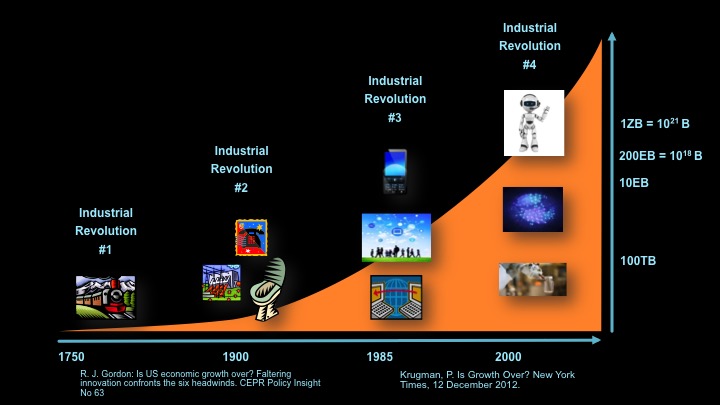Caustic modern American politics has arisen in the new metaverse of communications technologies. Everyone has an opinion and shares it. This perhaps leads to pervasive unhappiness with any kind of governance. There’s always something to bitch about because real change is both hard and always has winners and losers of some sort. But what do the happiest countries in the world do differently than those of us in the second and lower tiers? Worth reading is the seventh chapter of the World Happiness Report titled “The Nordic Exceptionalism.” Finland, Denmark, Sweden, Iceland, and Norway are all at the top, along with Switzerland, New Zealand, and Austria. And what do these countries do right that makes them so exceptional in terms of happiness? Well, it’s not due to some of the suggested culprits like low immigrant rates and cultural uniformity or high rates of suicide culling out the unhappy. It’s also not clearly due to lower levels of income inequality compared with peer countries. The effect of inequality on happiness appears to correlate with GDP per capita and is reduced in impact by the presence of a generous welfare state; it contributes but is not central.
Instead, important factors include trust in social institutions and low rates of corruption. People in these countries also feel freer than in peer countries, including the United States. Their overall life satisfaction levels are very high and have much lower variation within the populace than countries like ours, as well. Part of the sense of freedom may arise from the generosity of the welfare states by reducing the risk of exploring life options, which is also a side-effect of wealth in these countries.
A dive into potential root causes reveals some surprises, like:
… Read the restAnother important underlying factor might have been mass education.

